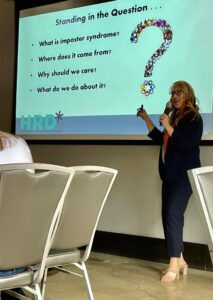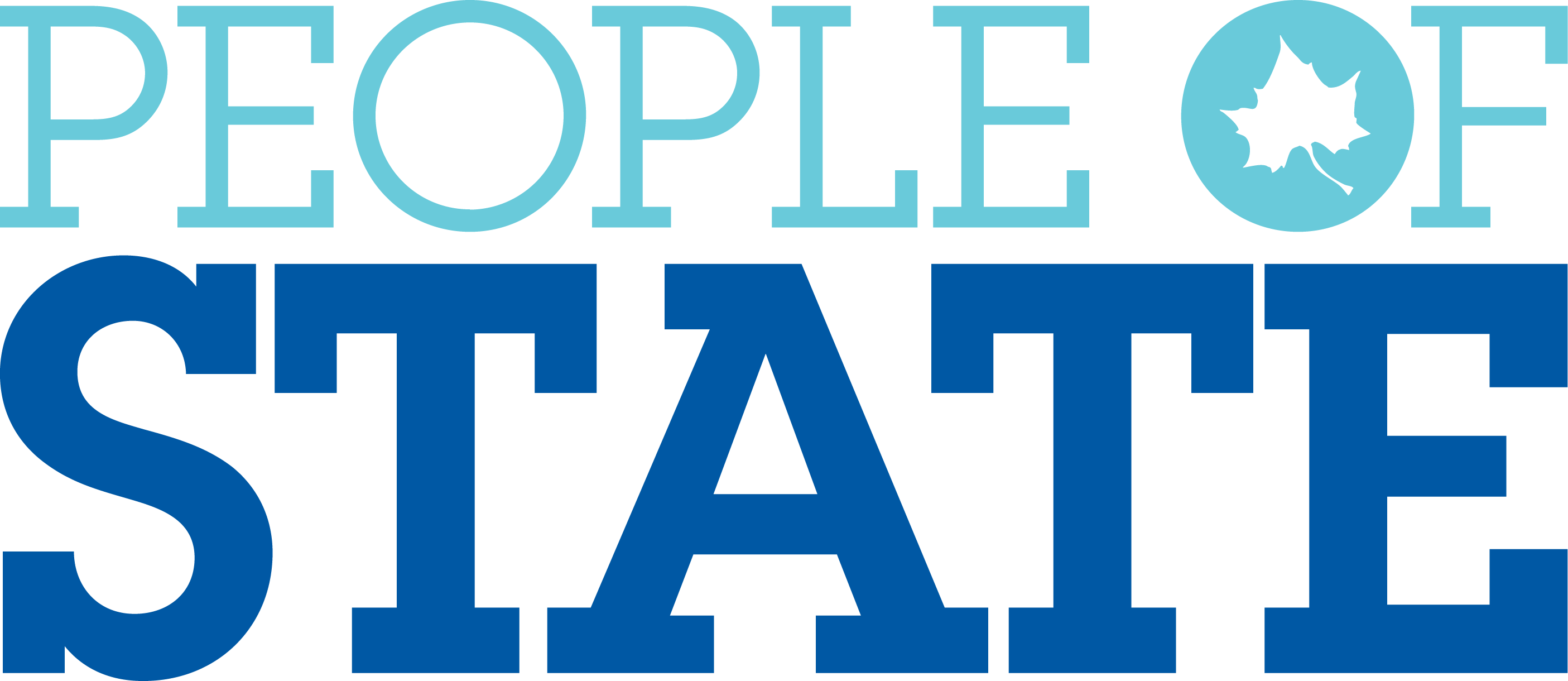
Andrea Butcher
By Kasy Long
Sep 28, 2023
Psychology and Human Resource Development Alumna
In a batting cage, baseballs fly toward the player at high speed and provide an opportunity for practice and preparation.
In a similar way, it’s important for leaders in a work environment to have a safe place to practice and prepare for “game time” decisions. This is why Andrea Butcher’s work equipping and developing leaders is so important to her.
“People are messy. Work can be messy. Learn to lean into the messy and lead through it, instead of dwelling on the problems,” says Butcher, a 1997 Indiana State University alumna.
To Butcher, strong leaders shape the world, and leadership begins with authenticity, passion, and learning through experiences. She should know. As CEO of the Indianapolis-based HRD – A Leadership Development Company, Butcher helps tomorrow’s leaders develop the tools and knowledge they will need to successfully lead their companies and organizations.
“I love what I get to do. I build relationships and help leaders reach their highest potential. I’m a facilitator of growth,” says Butcher, who has led HRD as CEO since 2021. Before that, she served as its president.
HRD has a clear mission: To improve the world, one leader at a time.
To achieve this, Butcher works with emerging leaders, managers, senior leaders, and executives to help them develop skills they need to improve their teams, facilitate innovation, meet new and ongoing challenges, and translate an organization’s mission and vision into its everyday reality. She believes every leader can benefit from learning something new.
Butcher originally planned for a career as a clinical psychologist, which led her to earn a bachelor’s degree in psychology from Indiana State. However, during her undergraduate years, she developed a passion for leadership and decided to earn a master’s degree in Human Resource Development from Indiana State in 1999.
“Indiana State provided the foundation for me to learn how to build relationships, especially from my professors and the small class sizes. I learned that opportunities don’t automatically come to you. You have to form connections,” she says.
Following graduation, and before her work at HRD, Butcher held a variety of HR-related positions: as a Human Resources generalist at Zenith Controls, a proactive engineering consultancy; as a learning and development manager at Premier Farnell, an electronic components distributor; as a senior consulting manager at FlashPoint, a customized talent management consultancy; and as vice president of talent development and leadership at DEFENDERS, a home security agency, before her current work at HRD.
“I love the variety of consulting I have had in my career. Human Resources challenges are leadership challenges, and I love to help companies build their relationships within their teams and with clients,” Butcher says.
In addition to her regular consultations, Butcher provides advice on a daily leadership podcast, Being [at Work], in which she shares the daily challenges leaders face on the job. With more than 250,000 downloads, Butcher’s podcast aims to encourage leaders with real stories about workplace situations.
Butcher identifies the best traits of a strong leader as the following:
- Authenticity
- Visionary
- Growth mindset
- Positivity
- Resilience
- Vulnerability
 Even leaders who embody some or all of these traits may feel “imposter syndrome,” a mindset in which they compare themselves to other successful professionals. Butcher and her team at HRD help these leaders recognize and acknowledge their own potential and pursue opportunities with confidence.
Even leaders who embody some or all of these traits may feel “imposter syndrome,” a mindset in which they compare themselves to other successful professionals. Butcher and her team at HRD help these leaders recognize and acknowledge their own potential and pursue opportunities with confidence.
“Follow your passion. Be open to possibilities. Pay attention to the little nudges you get from the connections you make. Take on leadership roles and look for ways to use that leadership to benefit your team,” Butcher advises.
Good leaders understand their strengths and weaknesses, Butcher says, and she helps these professionals recognize and capitalize on opportunities for growth. When leaders use their best resources, they are able to strengthen and invigorate their entire team.
Butcher says she is proud to be part of that process. Because successful leadership begins with BLUE!

